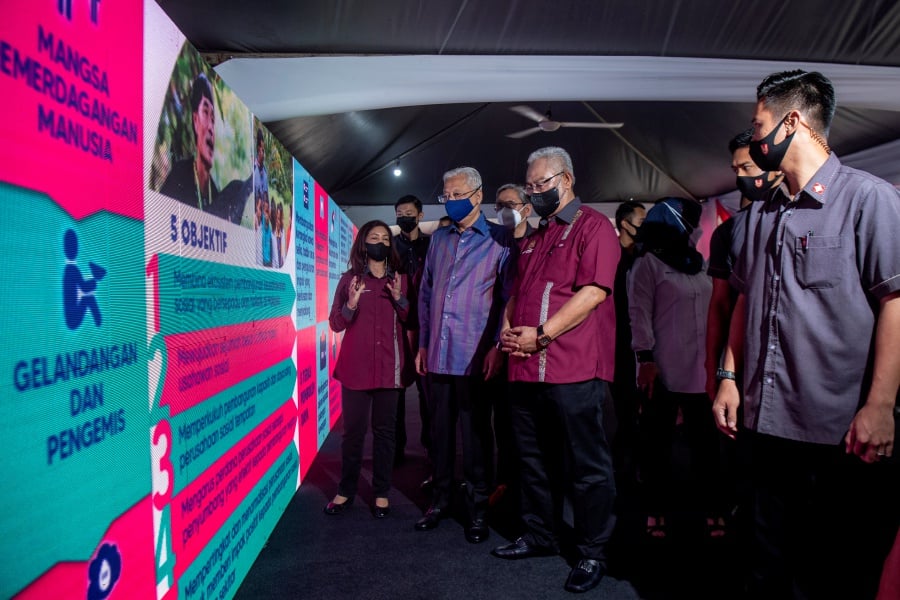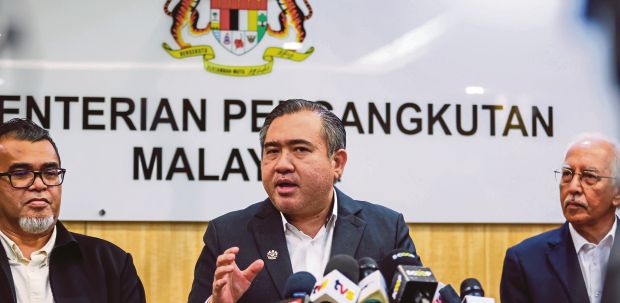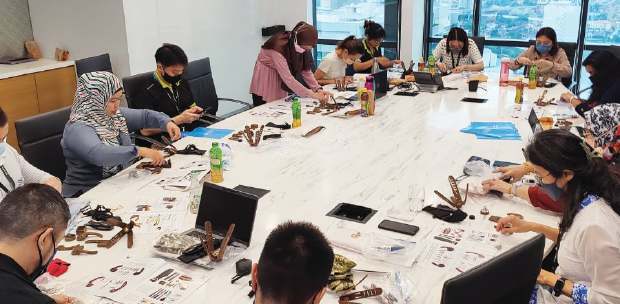Just a few days ago, Prime Minister Datuk Seri Ismail Sabri Yaakob launched the most ambitious ever attempt in the Asia Pacific to promote social entrepreneurship.
The Malaysia Social Entrepreneurship Blueprint 2030 (SEMy2030) is a detailed vision on how Malaysia can embrace social innovation in this decade.
While the focus of the strategy is more on how to spur a national ecosystem centred on thousands of new social entrepreneurs — with ambitious targets of having 5,000 and 10,000 of them by 2025 and 2030, respectively — the horizon is much broader.
It's about how to harness social innovation to bring the transformative changes Malaysia needs to achieve to ensure a fairer and more prosperous future.
It is truly about achieving the Agenda 2030 with social entrepreneurship as a generator of social innovation.
Linking the dots and thinking system-wise is paramount. It is an important shift, one that broadens the scope and aims of social entrepreneurship. It is becoming a global necessity.
Skoll Foundation chief executive officer (CEO) Don Gips could not be clearer on how indispensable embracing social innovation is because we need a radical transformation to better our world.
In his letter, "Building Bridges to Transform Our World", Gips talks about transformation, whose meaning "is complete change or metamorphosis".
To enable positive transformation to happen, we need partnerships and collaborations, and a true ecosystem in place.
The strategy put forward by the prime minister could potentially be a true game-changer because it is holistic and long term.
In a way, we are talking about a "meta" document with 20 strategies and 45 initiatives, and while we know the broad contours, many details are still to be published. It will take time to fully comprehend and digest such vast array of ideas and propositions.
There is no doubt that the potential is huge, but it will take a long-term bipartisan commitment to put together such an ambitious framework.
Positively, Malaysia is not starting from scratch and together with Singapore, it is one of the leading nations in the Southeast Asia in social entrepreneurship.
There is already an accreditation framework in place, something that will be improved with SEMy2030.
Importantly, the prime minister, during the launch of the strategy, also talked about capacity building and training.
We need to make it simple, easy and accessible, almost as if anyone with an interesting proposition could find a door open to pitch her idea.
As a result, a real transformation in the people's mindsets, especially those of youth, must occur. Intermediaries are going to be essential.
Tandemic co-founder and CEO Kal Joffres, a national champion of social innovation in Malaysia, wrote back in 2015 about the importance of having solid intermediaries in partnering the government in unleashing social innovation.
Social enablers like Tandemic, which also runs its own Innovation Accelerator, are fundamental to professionalise the sector, but I believe that the sooner we start, the better. Schools and universities can also play a big role.
An event in the United Kingdom, organised by Social Enterprise Mark CIC and Cambio: House of Social Change on April 25, focused on how to embed social entrepreneurship within universities.
Think about universities in Malaysia as incubators rather than just accelerators of the most promising ideas, implanting the seeds of social innovations in the minds of students at very early stages of their university life.
Training programmes, lectures and community projects that, on many extents, are already being facilitated by higher learning institutions in the country can make the difference.
But we need a common strategy and a uniting thread. That's why SEMy2030 must also invest in enabling universities to propel social innovation with targeted financing and common initiatives.
University networks like APUCEN and AsiaEngage can play an important role because Malaysia needs to think big, beyond its borders.
A common approach is needed if Malaysia and its Asean neighbours want to win the daunting challenges of this era.
Promoting social innovation within Asean, supporting policies and initiatives, like the Asean Social Enteprise Development programme implemented by the Asean Foundation with support of the German government, can give an important signal on how Malaysia means business in matters related to social entrepreneurship.
With the 15th General Election looming, all parties need to pledge their commitment to turn SEMy2030 into reality, a tool for real change for all citizens of the country and beyond.
The author writes on civic engagement, youth development, the SDGs and regional integration in the context of Asia Pacific
The views expressed in this article are the author's own and do not necessarily reflect those of the New Straits Times






